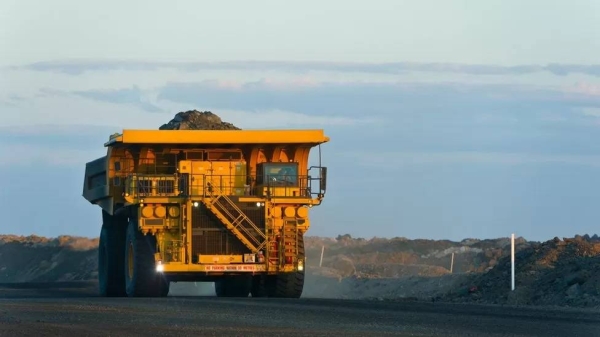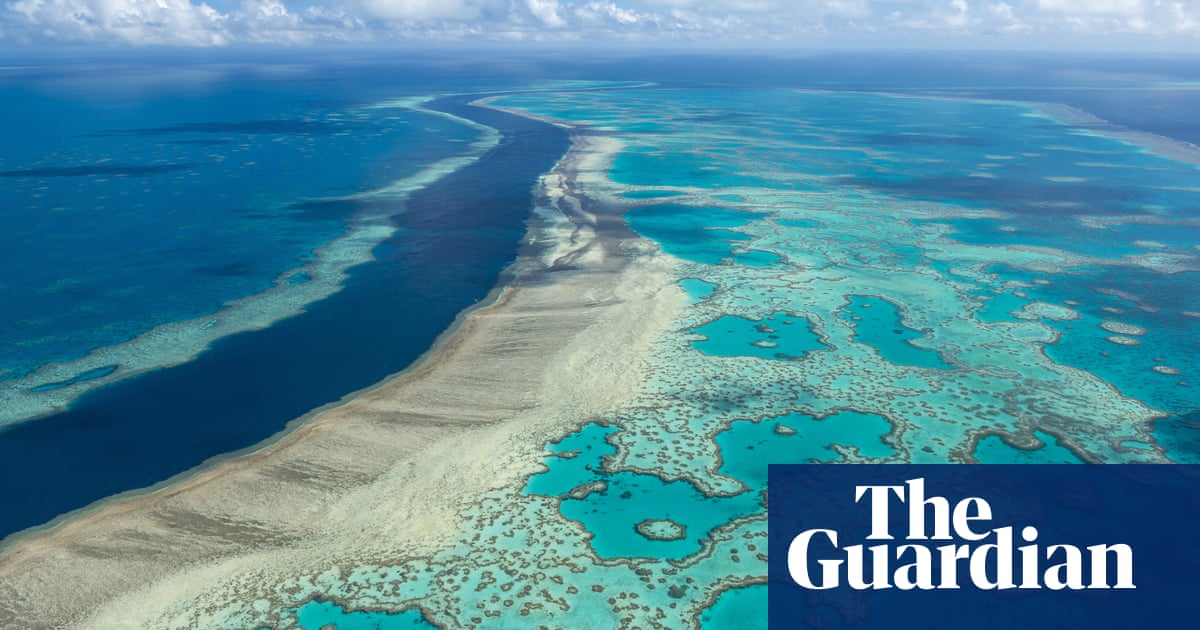
Members of the United Nations World Heritage Committee are being lobbied to pressure Australia to commit to more ambitious climate action as part of its plan to slow the decline of the Great Barrier Reef ahead of a key July meeting.
Conservationists have lobbied representatives of 13 of the 21 countries that make up the committee, saying the threat of placing the reef on an “in danger” list should be used to lever more domestic action on greenhouse gas emissions.
Since the committee last considered the status of the reef in 2015, key government and international reports have acknowledged the declining health of the world’s biggest coral reef system that spans more than 2,000km off the Queensland coast.
Since the 2015 meeting, global heating has also fuelled three mass bleaching events that weakened and killed corals across the entire span of the reef.
The Paris-based Unesco World Heritage Centre is due to begin releasing reports later today ahead of the July meeting. A report on the Great Barrier Reef will include a list of draft decisions for the committee.
Using climate change impacts as a justification for placing a World Heritage site on the “in danger” list has never been done before, although the option does exist.
Countries with sites at risk from climate change have never been formally asked by the committee to take action to reduce emissions as a condition of remaining off the “in danger” list.
The scientific advisory body on natural World Heritage sites, the International Union for Conservation of Nature, says climate change is now the most prevalent threat to World Heritage sites, affecting more than 70 of the 252 sites listed and considered the jewels in the planet’s natural crown.
The World Heritage Committee, which will meet virtually from 16 to 31 July, is also due to consider a new climate change policy that could deliver “policy advice” to countries.
Richard Leck, head of oceans at WWF Australia, said: “Unesco can recommend Australia takes much stronger action on climate change and renewables than it currently does. We have seen three mass bleaching events since the last meeting in 2015.
“We have also seen the government acknowledge that 1.5C is a critical threshold for the Great Barrier Reef but Australia’s emissions policy is currently consistent with 2.5C or 3C of temperature rise.”
The Morrison government has defended its climate change stance, saying the country is doing its share to cut emissions.
Leck and Imogen Zethoven, a consultant representing the Australian Marine Conservation Society, have briefed 13 countries that are members of the World Heritage Committee, presenting a report arguing the committee should ask Australia to take stronger climate action.
Guatemala, Oman, Hungary, Uganda, Brazil, Egypt, Australia, Norway, China, Nigeria, Spain, Russia and Saudi Arabia have all been briefed.
Leck said: “Many members were unaware of the damage to the reef since 2015 and some were also unaware of Australia’s poor performance on climate change policy.”
He said being placed on an “in danger list” would effectively see the reef lose its World Heritage status and would have knock-on effects on the tourism industry “that depends on the global reputation of our reef management.”
Zethoven said the joint Queensland and federal government Reef 2050 plan was a direct result of a request from the World Heritage committee that the reef would be placed on its “in danger” list, unless action was taken on coastal developments, dredging and pollution from agriculture.
“That is the approach that we are asking the committee members to follow. The Great Barrier Reef is in far worse shape now than it was [in 2015].”
In 2019, the reef’s long-term outlook was downgraded to “very poor” by the marine park authority.
In an official report on the reef’s status, the state and federal government told Unesco in late 2019 that climate change had already impacted the unique characteristics that led to the reef making the World Heritage list in 1981. That report also claimed Australia was taking “strong action” on climate change.
In April 2020, scientists declared the reef had experienced its most widespread mass bleaching event on record, and the third in five years.
A study for Unesco has said even if global greenhouse gas emissions were to peak in 2040 and then decline, about half of the 29 World heritage-listed reef sites would still see severe bleaching twice every decade.
Associate Prof Scott Heron, of James Cook University, who led the study and is an expert on World Heritage issues and the reef, said the Australian government has argued that climate change impacts should not be used as a justification for an “in danger” listing.
But he said that option for the World Heritage Committee did exist as part of the official operational guidelines for placing properties on the “in danger” list.
“We do need urgent action on climate change and it has to be this decade,” he said.












